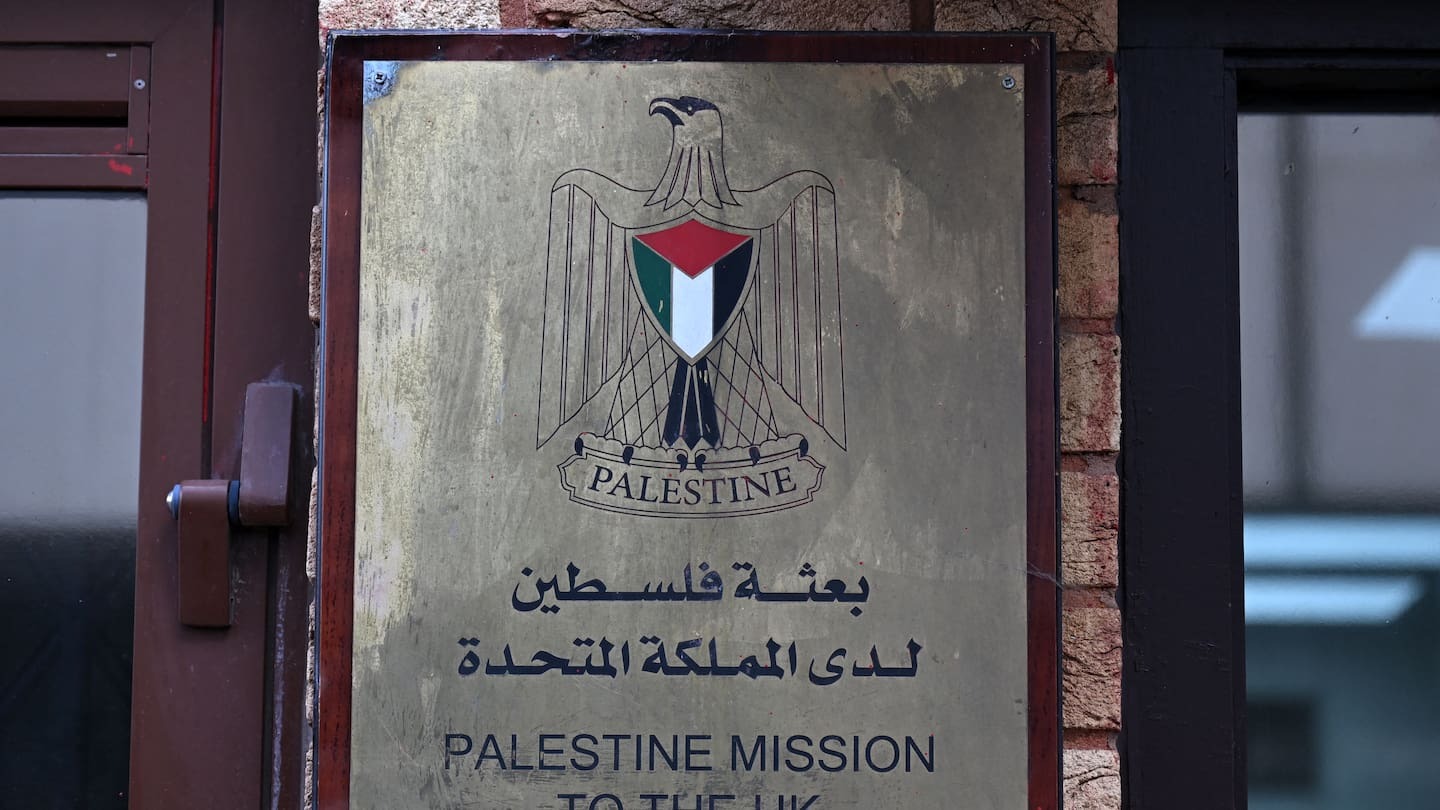Top Stories
Countries Shift Stance, Recognize Palestinian Statehood Amid Conflict

In a significant diplomatic shift, the United Kingdom, Australia, Canada, and Portugal have officially recognized the State of Palestine following nearly two years of intense conflict in Gaza. This recognition comes as other nations, including France and Belgium, are expected to affirm their support during the upcoming session of the United Nations General Assembly. The Palestinian leadership proclaimed an independent state in 1988, yet the region remains marked by ongoing territorial disputes and devastation.
Global Recognition of Palestinian Statehood
According to an AFP tally, recognition of Palestine has grown significantly, with at least 145 out of 193 UN member states now acknowledging its status. This marks a notable milestone as three-quarters of UN members recognize Palestine, including the recent endorsements from major nations like the UK and Canada. Countries such as Russia, nearly all Arab nations, and many in Africa, Latin America, and Asia, including India and China, have been longstanding supporters.
Algeria became the first country to recognize a Palestinian state on November 15, 1988, just moments after Yasser Arafat announced its establishment. Since then, there have been waves of recognition, particularly in late 2010 and early 2011, and now in response to the heightened conflict that escalated after the attack by the Palestinian Islamist group Hamas on Israel on October 7, 2023, which prompted 13 additional countries to recognize Palestine.
The Divide on Palestinian Statehood Recognition
Despite this growing recognition, at least 45 countries, including Israel and the United States, continue to reject the notion of a Palestinian state. The Israeli government, led by Prime Minister Benjamin Netanyahu, maintains a firm stance against Palestinian statehood. In Asia, nations such as Japan, South Korea, and Singapore also do not recognize Palestine. The division in European support is particularly notable, with nearly an equal split among nations on the issue of statehood.
Historically, recognition of the State of Palestine was largely confined to countries from the former Soviet bloc until mid-2010s. More recently, nations like Hungary and the Czech Republic have opted not to recognize Palestine at a bilateral level. While Western and Northern European countries were unified against recognition, the ongoing conflict has led to a shift, with Norway, Spain, Ireland, and Slovenia joining Sweden in recognizing Palestinian statehood in 2024.
Notably, Italy and Germany have indicated they do not plan to recognize Palestine in the near future, highlighting the complexity and contentious nature of this issue.
Professor Romain Le Boeuf from the University of Aix-Marseille describes the question of recognition as “one of the most complicated” in international law, noting that states have the discretion to choose the timing and form of their recognition. He emphasizes that while recognition carries significant symbolic weight, it does not equate to the actual creation of a state. “Recognition does not mean that a state has been created, nor does the lack of recognition prevent the state from existing,” he stated.
Legal experts argue that international recognition is crucial as it establishes a more equitable legal footing for Palestine and Israel. As Philippe Sands, a Franco-British law professor, noted in a recent op-ed, recognizing Palestinian statehood changes the dynamics of international law, placing both Palestine and Israel on an equal footing in the eyes of the international community.
The ongoing conflict and geopolitical shifts continue to shape the landscape of international recognition, leaving the question of Palestinian statehood at the forefront of global diplomacy. As more countries reconsider their positions, the implications for peace and stability in the region remain profound.
-

 World3 months ago
World3 months agoTest Your Knowledge: Take the Herald’s Afternoon Quiz Today
-

 Sports3 months ago
Sports3 months agoPM Faces Backlash from Fans During Netball Trophy Ceremony
-

 Lifestyle3 months ago
Lifestyle3 months agoDunedin Designers Win Top Award at Hokonui Fashion Event
-

 Sports3 months ago
Sports3 months agoLiam Lawson Launches New Era for Racing Bulls with Strong Start
-

 Lifestyle3 months ago
Lifestyle3 months agoDisney Fan Reveals Dress Code Tips for Park Visitors
-

 World4 months ago
World4 months agoCoalition Forms to Preserve Māori Wards in Hawke’s Bay
-

 Health3 months ago
Health3 months agoWalking Faster Offers Major Health Benefits for Older Adults
-

 Politics3 months ago
Politics3 months agoScots Rally with Humor and Music to Protest Trump’s Visit
-

 Top Stories4 months ago
Top Stories4 months agoUK and India Finalize Trade Deal to Boost Economic Ties
-

 Entertainment3 months ago
Entertainment3 months agoExperience the Excitement of ‘Chief of War’ in Oʻahu
-

 World4 months ago
World4 months agoHuntly Begins Water Pipe Flushing to Resolve Brown Water Issue
-

 Science4 months ago
Science4 months agoNew Interactive Map Reveals Wairarapa Valley’s Geological Secrets









